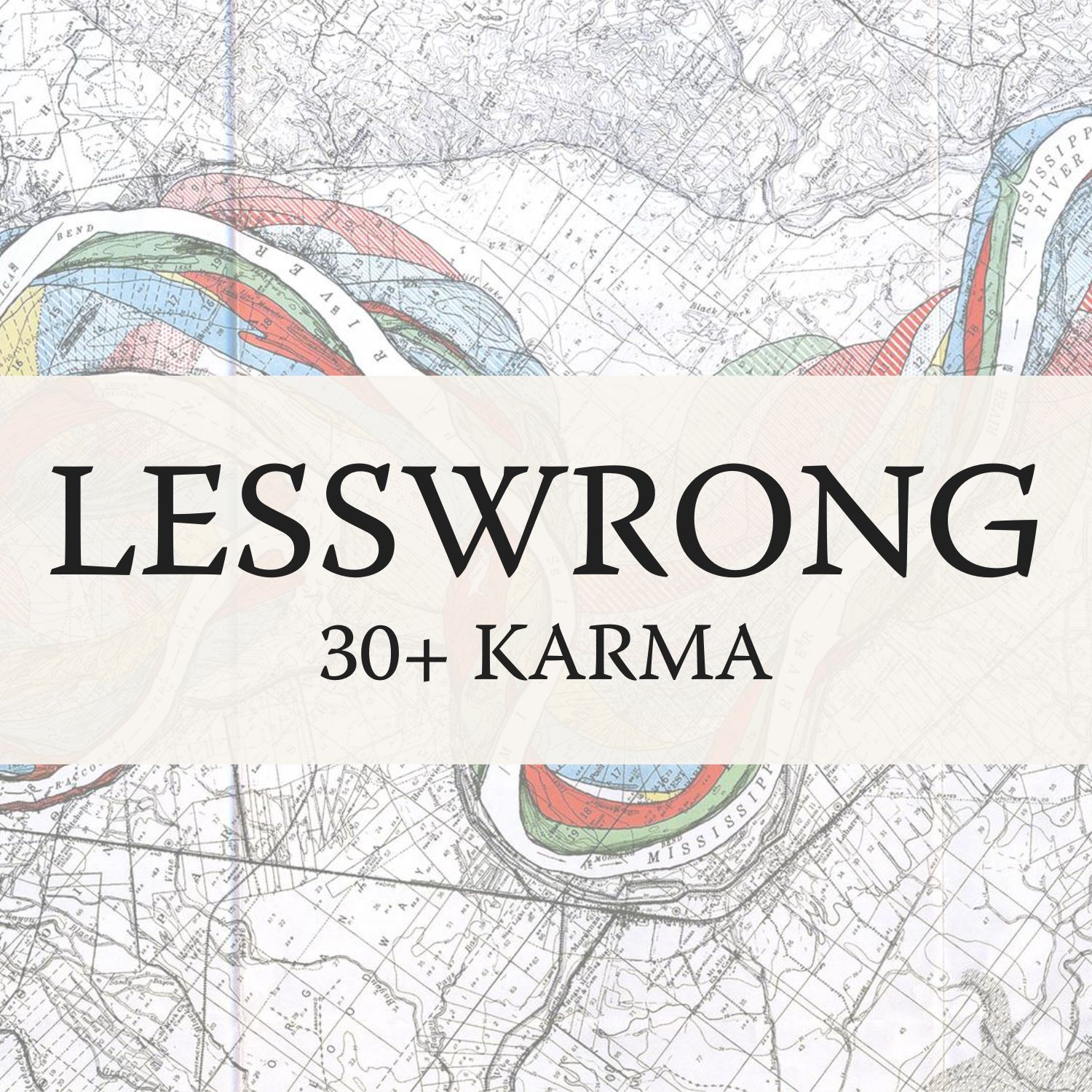![cover of episode [Linkpost] “Don’t accuse your interlocutor of being insufficiently truth-seeking” by TFD](https://files.type3.audio/lesswrong/cover-art-30-karma-v2.jpg)
[Linkpost] “Don’t accuse your interlocutor of being insufficiently truth-seeking” by TFD

LessWrong (30+ Karma)
Shownotes Transcript
This is a link post. I argue that you shouldn't accuse your interlocutor of being insufficiently truth-seeking. This doesn't mean you can't internally model their level of truth-seeking and use that for your own decision-making. It just means you shouldn't come out and say "I think you are being insufficiently truth-seeking".
** What you should say instead**
Before I explain my reasoning, I'll start with what you should say instead:
** "You're wrong"**
People are wrong a lot. If you think they are wrong just say so. You should have a strong default for going with this option.
** "You're being intentional misleading"**
For when you basically thinking they are lying but maybe technically aren't by some definitions of "lying".
What about if they are being unintentionally misleading? That's usually just being wrong, you should probably just say they are being wrong. But if you really think the distinction is important, you can [...]
Outline:
(00:30) What you should say instead
(00:38) Youre wrong
(00:50) Youre being intentional misleading
(01:14) Youre lying
(01:24) Why you shouldnt accuse people of being insufficient truth-seeking
(01:30) Clarity
(01:53) Achieving your purpose in the discussion
(03:08) Conclusion
First published: April 30th, 2025
Linkpost URL:https://www.thefloatingdroid.com/dont-accuse-your-interlocutor-of-being-insufficiently-truth-seeking/)
---
Narrated by TYPE III AUDIO).